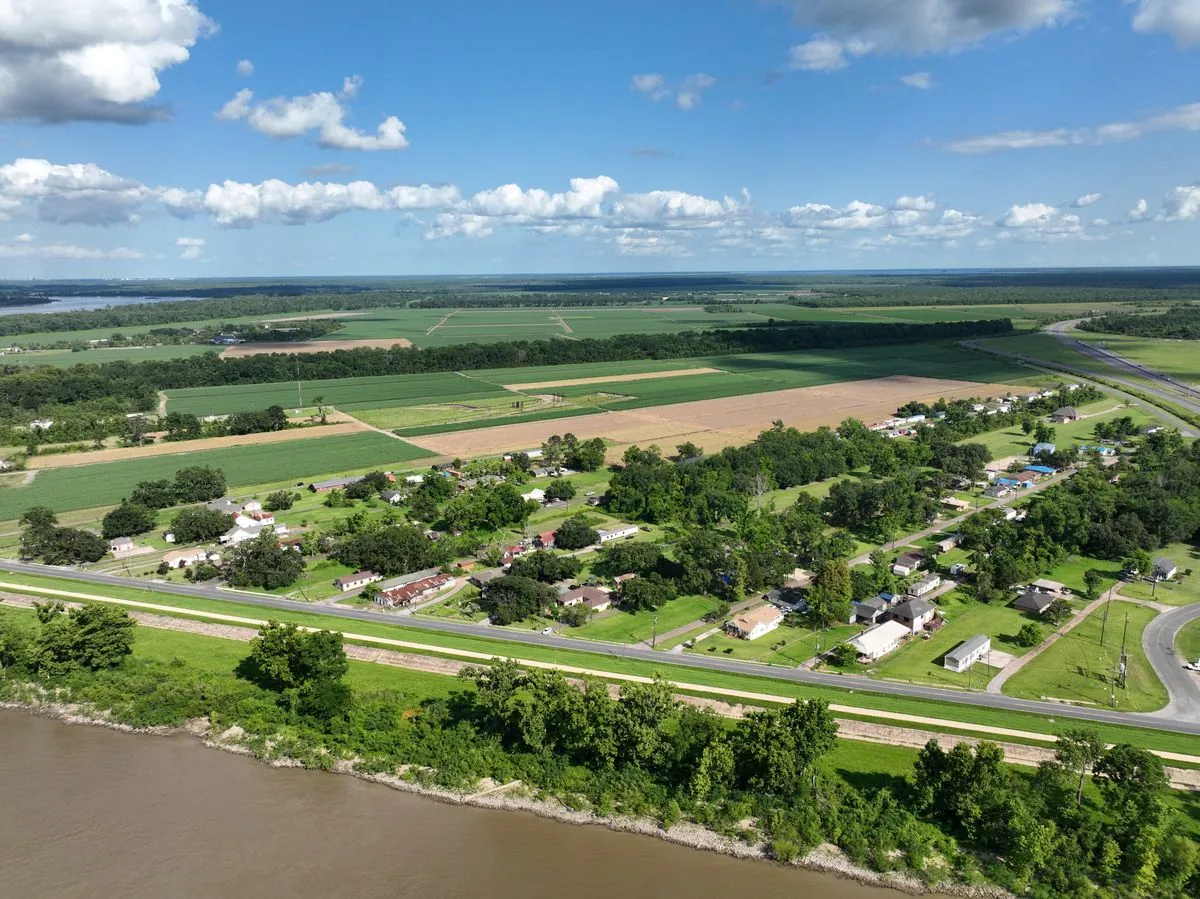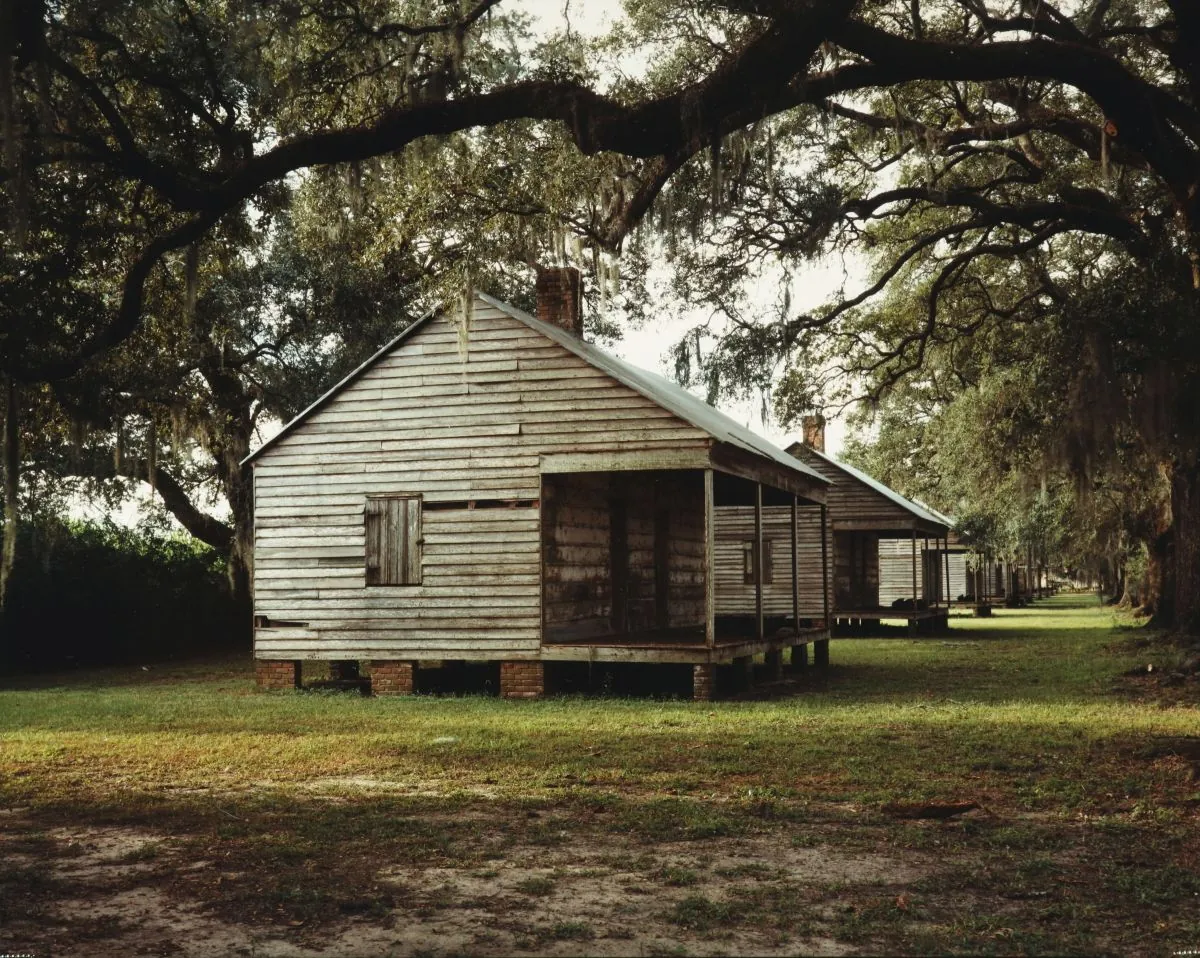Historic Black Community Halts Controversial Grain Facility in Louisiana
Greenfield Louisiana LLC cancels plans for a grain export facility in Wallace, marking a victory for residents fighting to preserve their heritage. The decision impacts the industrialized "Cancer Alley" region.

In a surprising turn of events, Greenfield Louisiana LLC has announced the cessation of its plans to construct a grain export facility in Wallace, Louisiana. This decision, revealed during a public hearing on August 5, 2024, marks a significant victory for residents of this historic Black community who have been fighting to preserve their cultural heritage.
Wallace, situated in St. John the Baptist Parish, is part of the 85-mile stretch along the Mississippi River known as "Cancer Alley" due to its high concentration of industrial facilities. The area, named after 19th-century sugar planter William Wallace, has a rich history dating back to the German settlements of the 18th century.
Joy Banner, a local resident and co-founder of The Descendants Project, expressed her disbelief and elation at the news. The organization, established by Joy and her sister Jo, aims to safeguard the community's heritage. Earlier in 2024, they acquired a plantation that was the site of the 1811 German Coast Uprising, one of the largest slave rebellions in American history.
The U.S. Army Corps of Engineers, responsible for reviewing the project's application, had previously identified potential adverse impacts on cultural heritage sites in Wallace. These included the historic Evergreen, Oak Alley, and Whitney plantations. The agency's representative, Brad LaBorde, stated they had not been informed of Greenfield's decision in advance.

Lynda Van Davis, Greenfield's counsel, cited the prolonged approval process as a factor in their decision, describing it as an "expensive ordeal." The company's withdrawal from the project highlights the challenges faced by industrial developments in historically and environmentally sensitive areas.
The cancellation of the 222-acre facility project resonates beyond Wallace, potentially influencing future industrial planning in Louisiana's 64 parishes. It also underscores the importance of the National Environmental Policy Act (NEPA) in assessing environmental impacts of proposed actions.
While some residents like Nicole Dumas had supported the project for its potential economic benefits, others celebrated its cancellation. Angelica Mitchell, a cancer survivor whose home would have been near the facility, expressed relief and gratitude.
"To hear that they are backing out, I am so excited, my prayers have been answered, because I've been praying for this for the last three years."
This decision may have far-reaching implications for the region, including the Port of South Louisiana, one of the Western Hemisphere's largest ports by cargo volume. It also highlights the ongoing tension between industrial development and the preservation of cultural heritage in areas with complex historical legacies, such as Louisiana's sugar industry which once relied heavily on slave labor.
As Wallace looks to the future, the community's success in halting this project may serve as an inspiration for other areas facing similar challenges, demonstrating the power of grassroots activism in shaping local development.


































